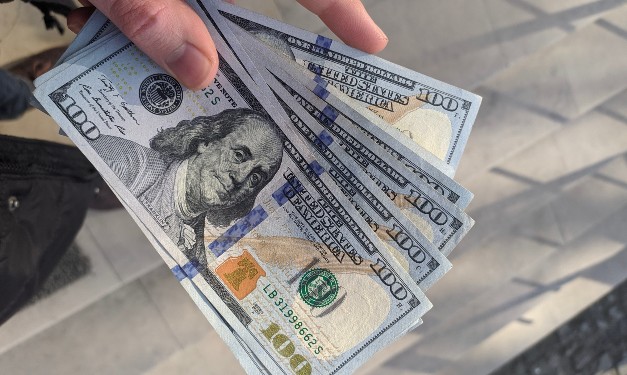Institutional investors believe a moderate downturn is the most likely outcome of central bank interest-rate hikes, according to a survey of 120 US investors by research firm CoreData.
When asked to pick the most likely of three scenarios, 59 percent of respondents predict a ‘moderate recession’ this year followed by a ‘gradual recovery’ as monetary conditions ease.

More than a quarter (27 percent) of the institutions polled, however, opt for the bearish scenario of stagflation, a deep recession and equity markets falling by up to 20 percent.
The remaining 14 percent are more optimistic, expecting a mild recession followed by a strong recovery. The survey was conducted in January.
Equity markets got off to a bright start to the year, but have pulled back in recent days as investors fret that strong economic and jobs data mean central banks will need to keep interest rates higher for longer.
On February 1, the Federal Reserve raised interest rates by 0.25 percentage points to a target range of 4.5 percent-4.75 percent. Inflation ‘has eased somewhat but remains elevated,’ it said in a post-meeting statement.
Liquidity risk
Exactly half of respondents say higher rates ‘could spark a liquidity crisis’, reports the survey, while 49 percent worry that rising rates ‘will expose hidden fault lines in US financial markets’.
Of the respondents, 43 percent say the Federal Reserve ‘will be unable to raise rates much above 5 percent due to the resulting economic damage and financial turmoil,’ adds CoreData.
The research notes that investors are ‘eyeing’ the fixed-income market as interest rates climb, with 55 percent planning to add to positions if the Federal Reserve target rate hits 5 percent.
In this situation, the most popular assets would be investment-grade corporate bonds and government bonds, but ‘far more’ investors would sell than buy emerging market debt, notes the study.
‘On the one hand, institutional investors harbor deep concerns about higher interest rates triggering an economic tsunami whose waves will reverberate through the US financial system,’ says Andrew Inwood, founder and principal of CoreData, in a statement.
‘But on the other hand, higher interest rates now offer better income opportunities after a prolonged and frustrating search for yield in the post-financial crisis low-rate environment. The income has finally returned to fixed income.’










